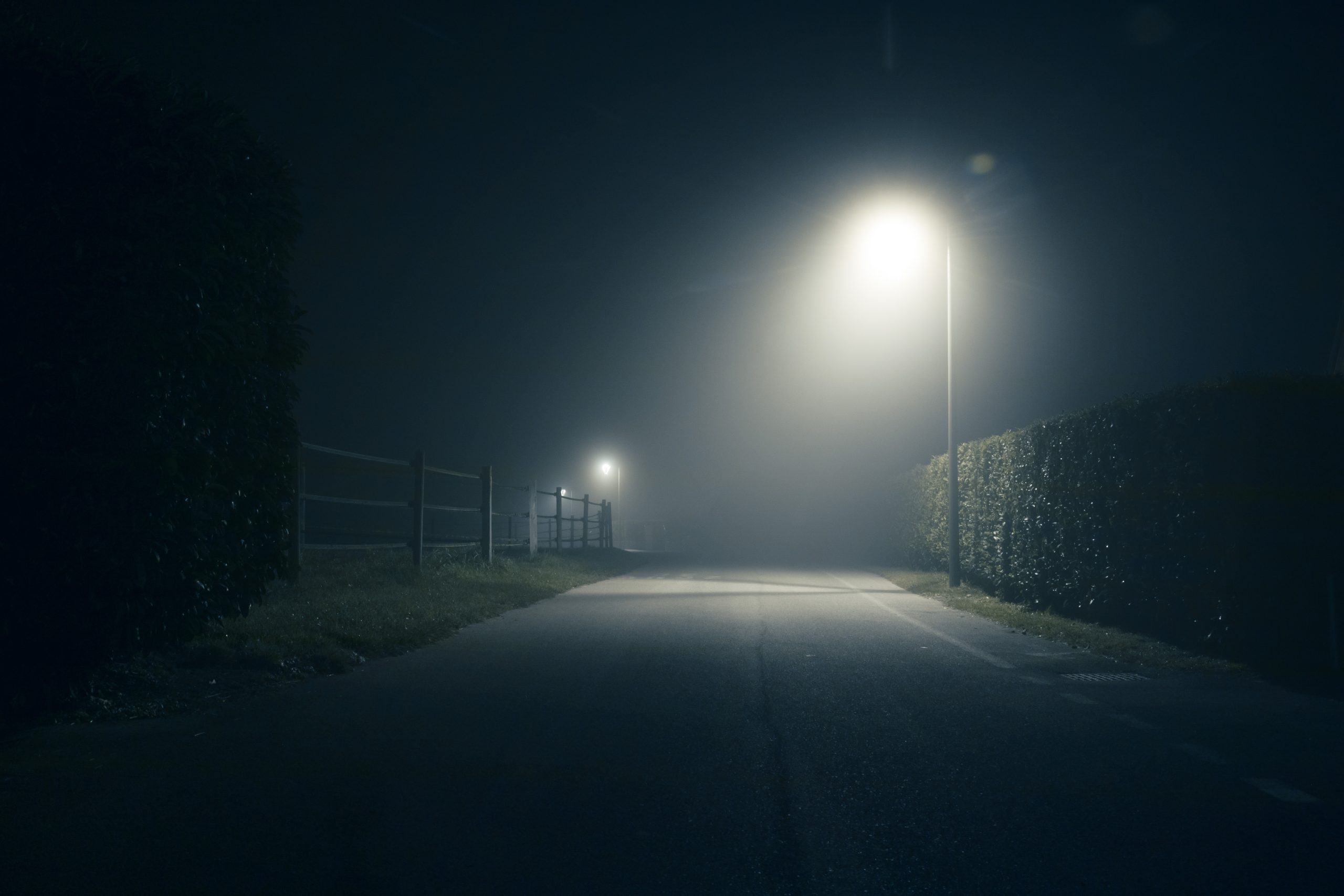- 5 May 2023
- 62
Fantasy vs Reality: How Fictional Worlds Impact Our Perception of the Real World

From the classic works of J.R.R. Tolkien to the modern-day phenomenon of Harry Potter, fictional worlds have captivated audiences for decades. However, the impact of these fictional worlds goes beyond entertainment, as they can shape the way we view the real world.
In recent years, the discussion around the influence of fiction on reality has gained traction. It is argued that the characters, themes, and storylines depicted in fictional works can have a profound impact on how we perceive the world around us, and ultimately, how we behave.
One way in which fictional worlds can shape our perception of reality is through the portrayal of social and cultural norms. For example, in the Harry Potter series, the concept of pure-blood wizards is used as a metaphor for racism and xenophobia. By presenting a fictional world where this discrimination exists, the author, J.K. Rowling, is able to comment on the real-world issue of discrimination and prejudice. This, in turn, can influence readers to question their own attitudes towards these issues.
Similarly, in George R.R. Martin’s Game of Thrones series, the portrayal of the patriarchal society of Westeros can be seen as a commentary on gender inequality in the real world. By depicting a world where women are oppressed and undervalued, Martin is able to draw attention to the issue of gender inequality and prompt readers to consider their own views on the matter.
In addition to social and cultural norms, fictional worlds can also impact our perception of real-world issues such as politics and morality. For instance, the dystopian worlds depicted in novels such as 1984 by George Orwell and The Hunger Games by Suzanne Collins serve as a cautionary tale about the dangers of totalitarianism and the erosion of civil liberties. By exposing readers to these fictional worlds, authors are able to raise awareness about the importance of democracy and individual freedoms.
However, it’s important to note that not all fictional worlds are created equal in their impact on our perception of reality. For example, the fantastical worlds of fairy tales and high fantasy may not necessarily be intended to have a real-world impact. While these works can still provide important lessons about morality and human nature, they may not have the same level of social commentary as more politically charged works of fiction.
In conclusion, the impact of fictional worlds on our perception of reality is complex and multi-faceted. From social commentary to moral lessons, these works of fiction can have a profound impact on how we view the world around us. As readers, it’s important to be mindful of the messages and values embedded within these works, and to critically examine how they may be shaping our attitudes and beliefs.

